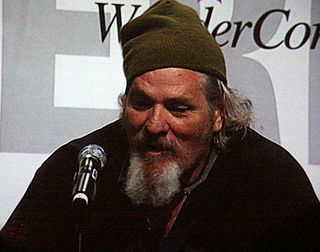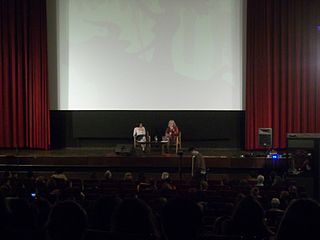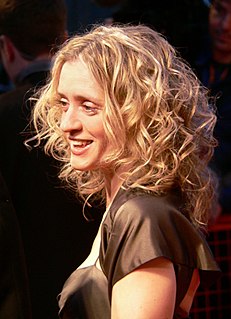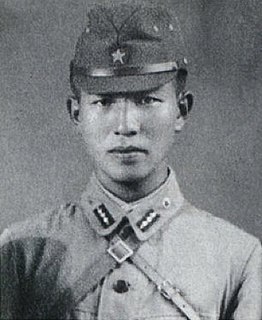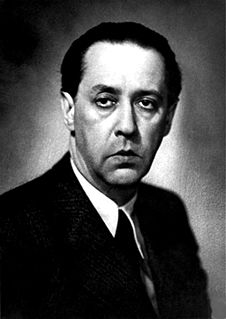A Quote by Ekta Kapoor
I never said anything bad about Smriti, nor did she speak against me.
Related Quotes
of all the unusual features of Stargirl, this struck me as the most remarkable. Bad things did not stick to her. Correction: her bad things did not stick to her. If we were hurt, if we were unhappy or otherwise victimized by life, she seemed to know about it, and to care, as soon as we did. But bad things falling on her -- unkind words, nasty stares, foot blisters -- she seemed unaware of. I never saw her look in a mirror, never heard her complain. All of her feelings, all of her attentions flowed outward. She had no ego.
[Short Talk on Sylvia Plath] Did you see her mother on television? She said plain, burned things. She said I thought it an excellent poem but it hurt me. She did not say jungle fear. She did not say jungle hatred wild jungle weeping chop it back chop it. She said self-government she said end of the road. She did not say humming in the middle of the air what you came for chop.
I did have a constituent four or five years ago - she never liked me. So, she called, I returned her call, and she was complaining about something, and she said: 'And why do you always use green? I think it's narcissistic.' And I said, 'Well, ma'am, everyone has to have a gimmick, and that's my gimmick.'
"She (Minnie Ruth Solomon) was unusual because even though I knew her family was as poor as ours, nothing she said or did seemed touched by that. Or by prejudice. Or by anything the world said or did. It was as if she had something inside her that somehow made all that not count. I fell in love with her some the first time we ever talked, and a little bit more every time after that until I thought I couldn't love her more than I did. And when I felt that way, I asked her to marry me . . . and she said she would."
The doctor's wife wasn't a bad woman. She was sufficiently convinced of her own importance to believe that God actually did watch everything she did and listen to everything she said, and she was too taken up with rooting out the pride she was prone to feeling in her own holiness to notice any other failings she might have had. She was a do-gooder, which means that all the ill she did, she did without realizing it.
When the Irish nun said to me, "Speak your name loud and clear so that all the boys and girls can hear you," she was asking me to use language publicly, with strangers. That's the appropriate instruction for a teacher to give. If she were to say to me, "We are going to speak now in Spanish, just like you do at home. You can whisper anything you want to me, and I am going to call you by a nickname, just like your mother does," that would be inappropriate. Intimacy is not what classrooms are about.
My mother was very passionate about life and she would do anything for us. And she had to fight alone to raise us. We never had a lot of money for extras or anything. She had to work six days a week, and then she would do breakfast, lunch and dinner. She was a super-woman! For me, I don't know how she did it with three kids.
Maybe I'm not good for you. Maybe what I feel is wrong. Because I did love Ashton. She was all I needed... but never did I feel the uncontrollable desire to get her underneath me. Never did I make up reasons to get her to wrap her legs around me so I could feel her pressed up against me. Never. He swallowed hard. "Never did I think about being inside her
A friend, who's a psychologist, told me about a patient once: a woman who was well educated, had a good job, a house and a loving husband. "I did everything right in my life," said the woman. "But I'm still not happy." She never did what she herself wanted, but what she believed society expected from her.
She said she never wanted to have secrets from me nor from herself, which is why she wanted to write down everything that otherwise would be hard to talk about. As I said, later I understood that someone who flees into honesty like that fears something, fears that her life will fill with something that can no longer be shared, a genuine secret, indescribable, unutterable.





